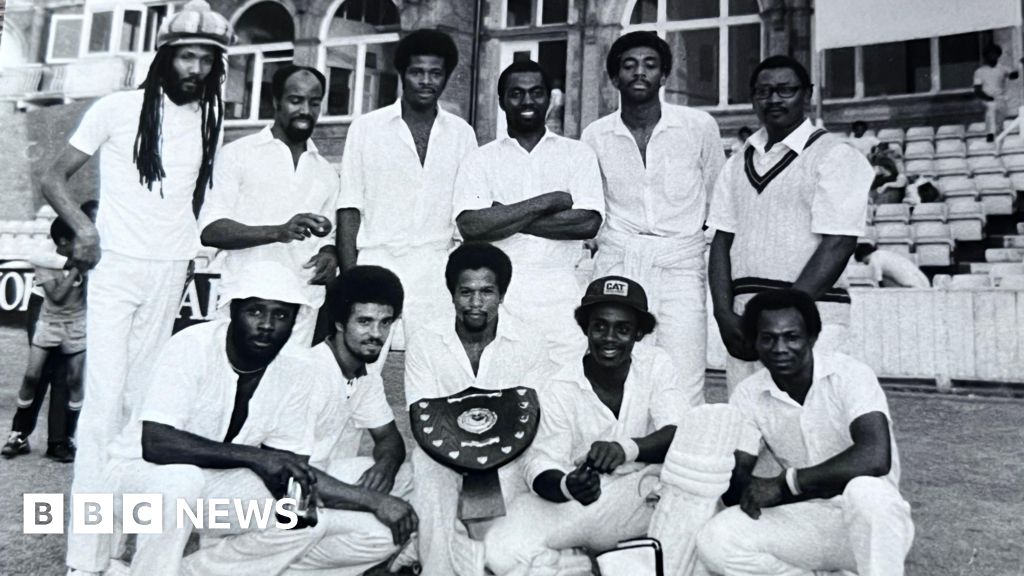
"A public inquiry, held by Lord Scarman, found although there was "no doubt" racial disadvantage was a fact of current British life, institutional racism did not exist in the Met. Members of the black community disagreed. A gesture was needed to rebuild bridges. The idea of a peace-making cricket match was suggested by Rudy Narayan, a barrister and civil rights activist of Guyanese descent, who specialised in defending young black men."
"The relationship between cricket and Britain's Caribbean communities has deep roots. The Windrush generation, arriving in the UK from the late 1940s, brought not only labour but a love for the game. Cricket clubs sprang up as communal lifelines, offering recreation and a sense of belonging. The international dominance of West Indies cricket through players like Viv Richards and Michael Holding only fuelled the passion among second-generation British-Caribbean youth. Cricket became more than sportit was a cultural anchor."
A peace-making cricket match at the Oval in July 1982 brought the Brixton West Indies Cricket Club and the Metropolitan Police together to mend relations after the Brixton riots. A public inquiry by Lord Scarman acknowledged racial disadvantage but concluded institutional racism did not exist in the Met, a finding contested by the black community. The match idea was proposed by Rudy Narayan. The Windrush generation and the international success of West Indies cricket gave the game deep cultural significance for British-Caribbean communities. Police use of stop-and-search under Operation Swamp, economic hardship and social exclusion helped spark three days of violent unrest.
Read at www.bbc.com
Unable to calculate read time
Collection
[
|
...
]